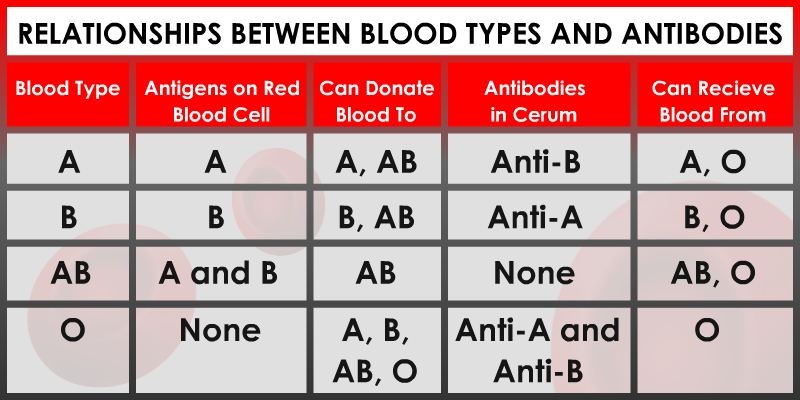

If blood group B was a marker of longevity, it would be expected that the percentage of patients with blood group B would increase with age at the time of death and the percentages of the other groups would decline. “Based on a survey of 269 centenarians (people older than 100 years) living in Tokyo, Japan, it was suggested that blood type B might be a marker for longevity.1 To assess the validity and generalizability of this observation, we determined the ABO blood type of patients dying in our tertiary care hospital located in the United States. the goal in the second study was: “To assess the observation that blood type B might be a marker for longevity”… The second study … regards the ABO blood types of all patients who died a hospital in the United States in 2004 (the hospital is likely in or around Chapel Hill, NC based on making a search for it’s two authors). the first listed is a 2014 study of data from the Department of Haematology and Transfusion Medicine of Mantua, Italy that kept records on people who underwent ABO blood typing during the period from January 2010 to December 2013. Well, both studies are based on the patients/people seen at two different hospitals. These findings suggest that in our patient population, blood group B is not a marker for longevity but may be a marker for earlier death. The survival curve in group B was worse than that in groups A, O, and AB.

In our patient population, the percentage of patients with group B blood declines with age. 01) there were no differences in survival among groups A, O, and AB (P =.47). The group B survival curve was statistically worse than non-B groups (P ≤. None of the other blood type percentages had a statistically significant increase or decrease. The percentage of patients with group B blood declined with age (P <. Of the remaining 871 patients, ABO types were available for 772 (88.6%). In 2004, 906 patients died 35 were excluded (stillborn infants). Age was stratified by decade of death, and linear regressions were calculated by ABO percentage. To assess the observation that blood type B might be a marker for longevity, we reviewed the records and determined the ABO blood types of all patients who died in our hospital in 2004. This is not the only European study indicating lower life expectancy in Europe for blood type B: Rh negative blood has not been examined in the above study. We have no explanations for these observations, although an association between B blood type and some aging-associated degenerative disorders, such as Parkinson’s disease, has been found. Thus a conditioning effect of gender was evident for both A and AB groups. The proportion of subjects with group A blood increased with age, but again this effect was significant only in females. Group AB also had a negative correlation with age, although this was less pronounced: indeed, its effects were conditioned by gender, being significant only in females. In conclusion, our retrospective survey showed that the percentage of people with group B blood declined with age.


 0 kommentar(er)
0 kommentar(er)
